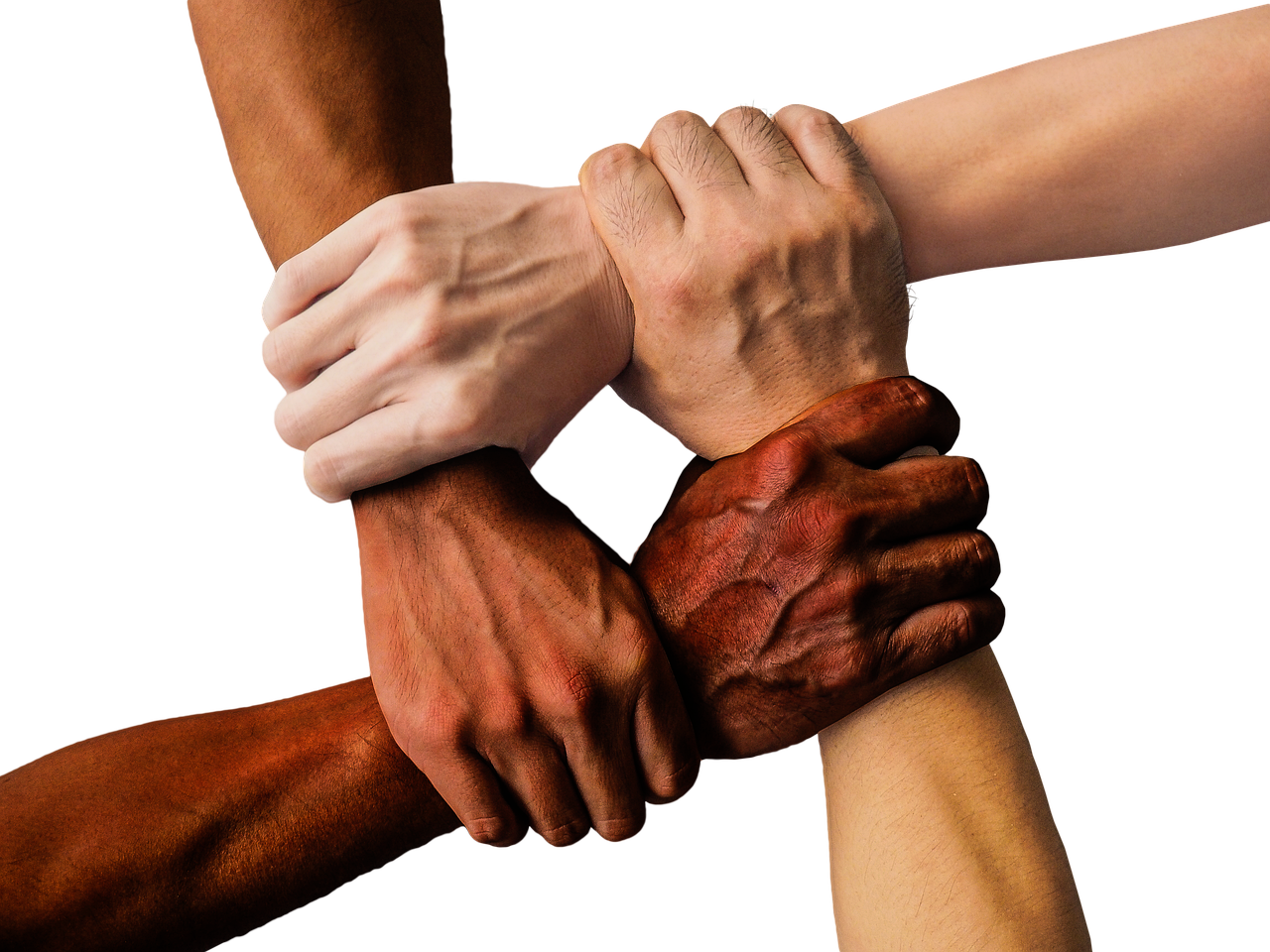
Savonia Article: Physiotherapy Teacher and Student Exchange in Maputo
This work is licensed under CC BY-SA 4.0
Building Bridges in Global Healthcare Education
International collaboration in healthcare education fosters mutual learning, cultural understanding, and the development of globally competent professionals. The partnership between Finnish and Mozambican institutions—between Savonia University of Applied Sciences and ISCISA in Maputo—exemplifies this spirit of cooperation.
Through teacher and student exchanges, participants gain firsthand experience of diverse healthcare systems, practices, and challenges. These exchanges not only enhance clinical skills and cultural sensitivity but also lay the groundwork for innovative joint projects, such as remote patient guidance and virtual learning environments. By working together across borders, teachers and students contribute to the development of more inclusive, adaptable, and resilient healthcare services.
This article highlights the experiences and insights gained during recent exchange programs in Maputo, showcasing the value of international collaboration in shaping the future of healthcare education through the Erasmus+ Global-funded SA-IS project.
This article describes the exchange experiences from both teacher and student perspectives, with a special focus on physiotherapy.
Teacher Exchange in Maputo, Mozambique (April, 2025)
During our visit, we explored the Hospital Central de Maputo, which is affiliated with ISCISA and serves as a university hospital. The physiotherapy unit operates as a separate department, although physiotherapists also work across various wards. Patients come from a wide geographical area, and the population served is vast—approximately 3 million people. Patients arrive either through hospital transfers or referrals from health centers. There are no scheduled appointments; instead, patients are seen in the order they arrive.
Exchange Experiences
Physiotherapy at the hospital is provided to patients with neurological conditions, musculoskeletal issues, post-operative needs, and respiratory or cardiovascular problems. We visited the gym, where multiple individuals exercised simultaneously—some under the guidance of a physiotherapist, others independently. The gym was equipped with fixed treatment tables, pulley systems, exercise balls, free weights, and mobility aids. Physical therapy modalities play a significant role in local physiotherapy practices.
Children’s physiotherapy was also conducted in the hospital. It followed a similar format to adult therapy, taking place in a large room where several physiotherapists worked simultaneously with their pediatric patients. The therapy space included mats, treatment tables, standing frames, wall bars, mobility aids, and small assistive devices.
However, the equipment and training tools were outdated and in poor condition. Limited financial resources and an overwhelming number of patients compared to the available rehabilitation staff were clearly evident.
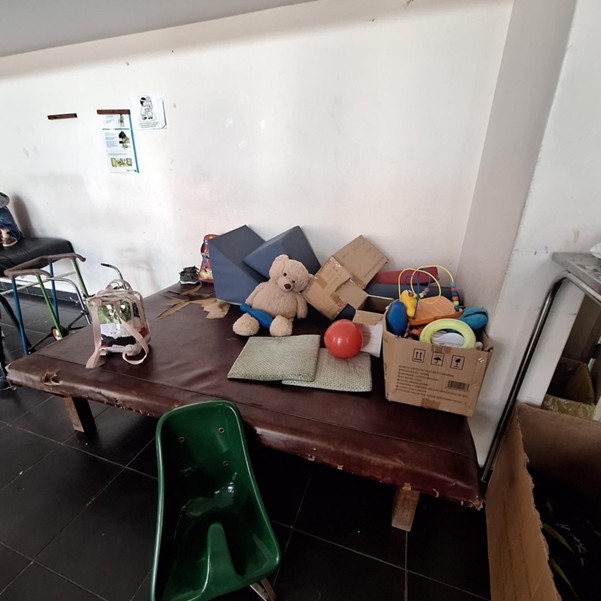
Student Exchange in Mozambique (February 5 – May 5, 2025)
I completed my fourth physiotherapy internship at Maputo Central Hospital, the largest public hospital in Mozambique. Many local students also conduct their internships here. I worked across various departments and with diverse patient groups. After initial orientation, I was able to independently plan and carry out treatment sessions. My work included patients with neurological conditions, elderly individuals, musculoskeletal issues, and children.
Throughout the internship, I significantly improved my clinical assessment skills, creativity, and ability to handle pressure. I also gained a deeper understanding of how cultural factors influence healthcare and strengthened my ability to operate in a multicultural environment, where communication required flexibility and sensitivity.
During my free time, I immersed myself in the local culture, cuisine, and community, which greatly enriched my experience. I found that by trying new things, I met many new people—this proved true. I made many new friends both through school and leisure activities. Together, we took weekend trips to nearby destinations and even neighboring countries. My new friends also taught me a lot of Portuguese. Through them, I ultimately learned much more than I could have from a textbook.
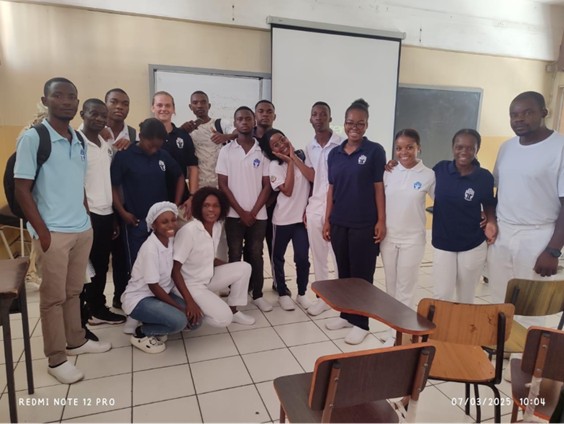
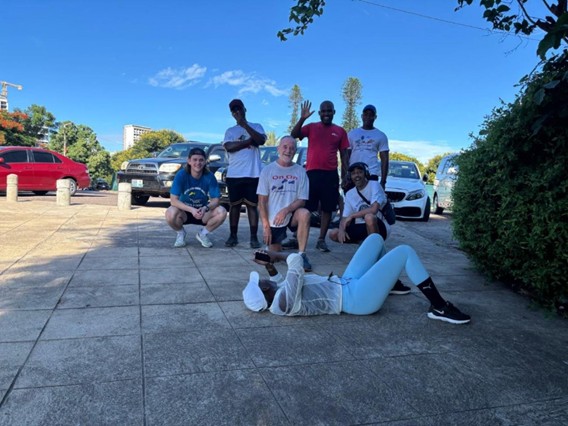
Insights and Learning Experiences
Future Collaboration Opportunities with ISCISA
Collaboration with ISCISA is set to continue. Plans have been made to expand the partnership, including the use of online platforms to facilitate student cooperation between ISCISA and Savonia. One pilot initiative involves remote international guidance of patients by nursing students, with hopes to extend this model to other degree programs, including physiotherapy.
Future Collaboration in Physiotherapy Education with ISCISA
From the perspective of physiotherapy education, future collaboration could include remote international patient guidance, joint virtual case studies, and the use of shared online learning environments. These initiatives would enable physiotherapy students from both institutions to strengthen their clinical reasoning, communication, and intercultural skills while comparing rehabilitation practices across different healthcare systems. In addition, faculty collaboration could focus on developing physiotherapy curricula, sharing best practices, and creating innovative solutions for resource-limited settings.
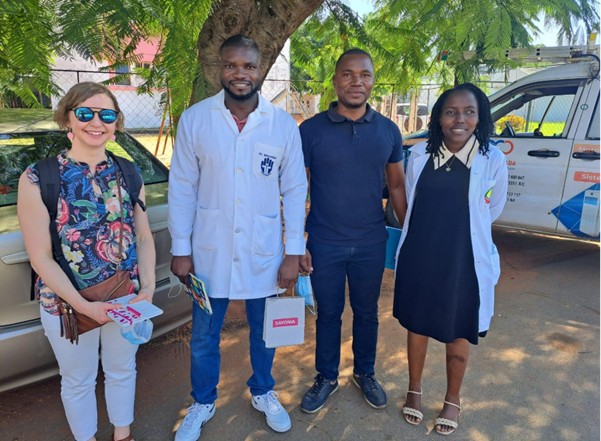
Writers:
Annu Suvinen, Senior Lecturer, Team Leader, PT, M.Sc, Unit of Health Care, Savonia University of Applied Sciences
Sulo Aalto, Physiotherapy student, Savonia University of Applied Sciences
Marja Gröhn- Rissanen, International coordinator, Senior Lecturer, Unit of Health Care, Savonia University of Applied Sciences